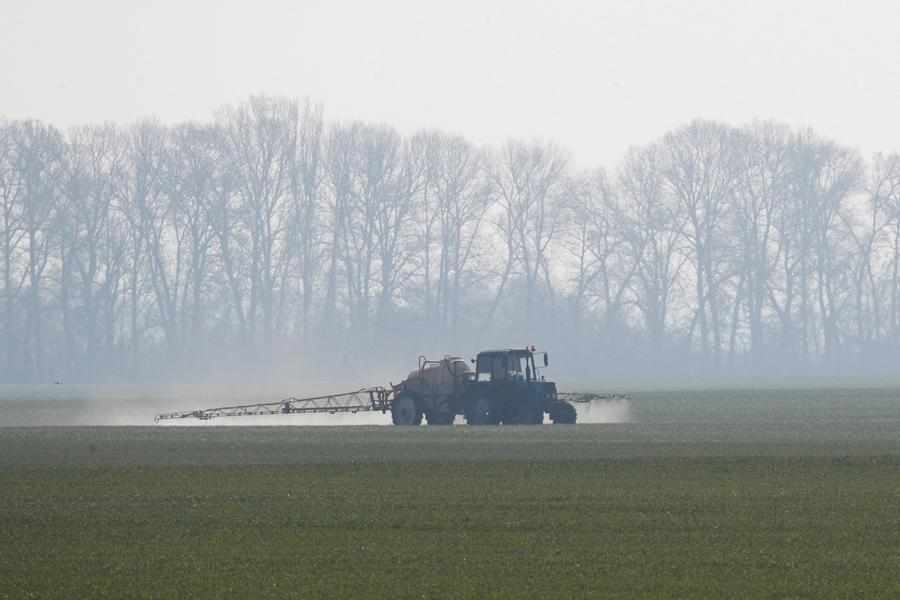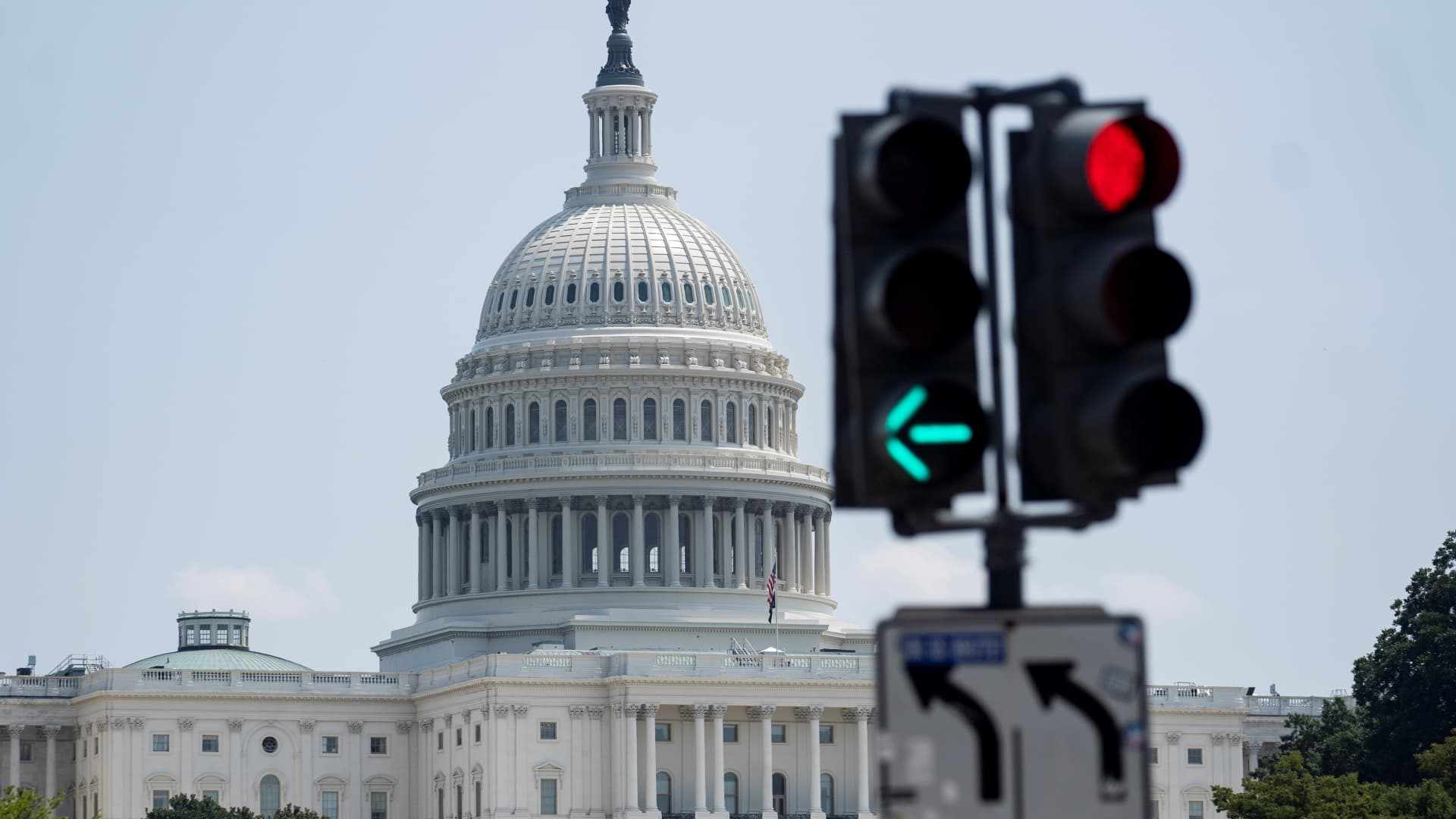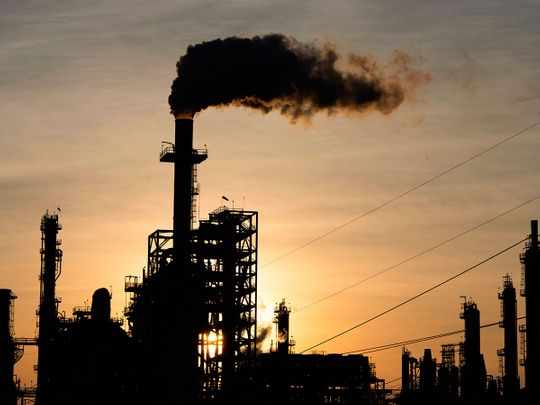Central banks and climate change: how they can play a role in managing the fallout
- Date: 16-Nov-2021
- Source: MENAFN
- Sector:Financial Services
- Country:Gulf
Central banks and climate change: how they can play a role in managing the fallout
(MENAFN- The Conversation) Climate change is a devilishly complex challenge that affects all aspects of our lives . It affects weather patterns, biodiversity, access to and sustainability of water and land resources, air pollution, inequality, employment, industrial production, distribution and consumption, and migration patterns. In other words, climate change can serve as a shorthand expression for a broad range of complicated and inter-related environmental, economic, political, cultural and social issues. The makers of climate change policy, therefore, need to do more than merely reduce carbon emissions. They also have to incentivise all state institutions, communities, businesses and individuals to participate in the national and international effort to address all aspects of the climate change challenge. Central banks are important institutions and should play a crucial role in these efforts. For example, they set interest rates. This determines the prices of the goods and services people buy. This, in turn, influences the climate impacts of their consumption patterns. In addition, interest rates influence the amount of money and credit in the economy and thus how much the country and its financial sector can allocate to dealing with climate change and on what terms. However, their authority is not unlimited. It is






















